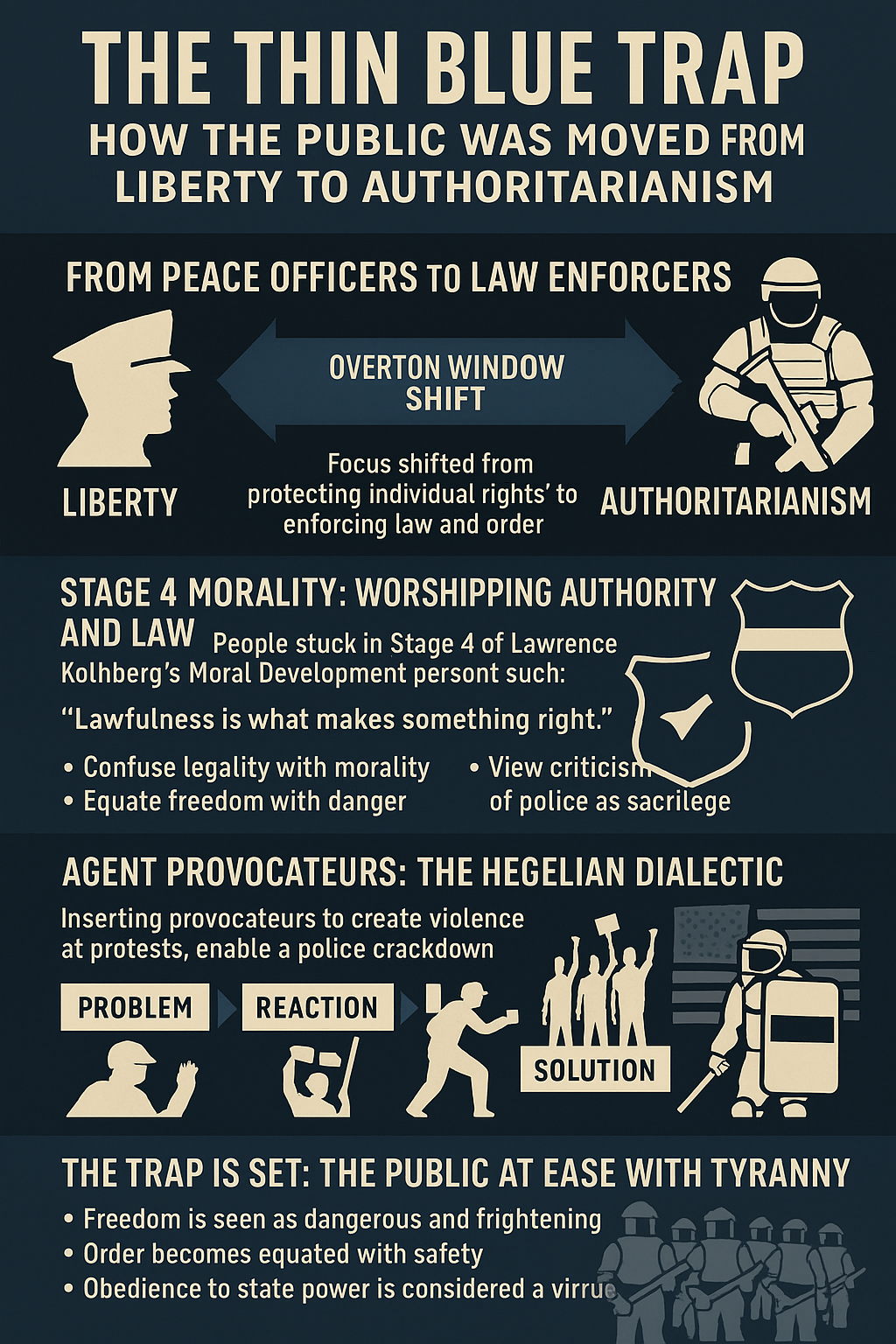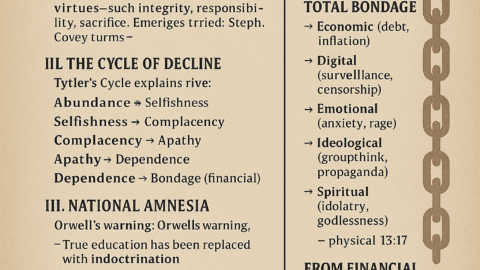
C.S. Lewis’ quote, “A sum can be put right: but only by going back till you find the error and working it afresh from that point, never by simply going on,” is a profound reflection on the necessity of correction and truth in progress. It emphasizes that when a mistake is made—whether in mathematics, personal life, society, or even moral reasoning—it cannot be truly fixed by simply continuing forward. Instead, one must trace back to the point of error, acknowledge it, and correct it before moving forward.
The Literal Meaning: Mathematics and Logic
In its most straightforward interpretation, this quote refers to solving a mathematical problem. If an error is made early in a calculation, no matter how much work is done afterward, the final answer will still be wrong. The only way to get the correct answer is to go back, find the mistake, and start from that point with the right approach. This principle applies not just to math but to any logical system where accuracy depends on correct foundational steps.
Application to Personal Growth and Morality
On a deeper level, Lewis is making a moral and philosophical argument. People often make mistakes in life—wrong choices, faulty reasoning, or misguided beliefs. Many try to move forward without confronting their past errors, hoping that time alone will fix things. But without addressing the root of the problem, they are merely building on a flawed foundation. True growth requires honest self-reflection, admitting wrongs, and making amends before genuine progress can occur.
For example, if a person has damaged relationships due to pride or dishonesty, ignoring past mistakes and trying to “move on” without addressing them will only lead to repeated failures. The right approach is to go back, acknowledge the mistakes, repair the damage, and rebuild from a place of truth.
Historical and Societal Implications
This principle also applies on a larger societal scale. Many civilizations and institutions have made grave errors—whether through oppression, economic mismanagement, or moral decay. Simply pressing forward without addressing past injustices or structural flaws only leads to greater failure.
- Example: The 2008 Financial Crisis – Instead of addressing the core issues of corporate greed, lack of regulation, and predatory lending, governments bailed out banks without real reform. As a result, similar financial risks continue today.
- Example: Political Corruption – Many governments attempt to solve problems without acknowledging past policy failures, leading to the same mistakes being repeated. True reform requires an honest reckoning with past missteps.
Theological and Spiritual Perspective
C.S. Lewis, being a Christian writer, likely had a spiritual meaning in mind as well. In Christian theology, repentance (metanoia, meaning a “change of mind”) is fundamental. A person cannot simply ignore sin and try to do better moving forward without first acknowledging their wrongdoing, seeking forgiveness, and truly changing their ways. Salvation and transformation come from recognizing where one went wrong and making a conscious effort to return to the right path.
Why This Matters
Lewis’ insight is timeless because it applies to every aspect of life—from solving a simple math problem to correcting personal mistakes, reforming institutions, or seeking spiritual renewal. Ignoring foundational errors only leads to greater dysfunction, while true progress requires the courage to go back, face the truth, and start again on the right path.
This principle applies just as much to history as it does to personal growth, morality, and society. History is often seen as a linear progression, but in reality, civilizations, ideologies, and nations frequently go astray due to misguided decisions, unchecked corruption, or moral decay. The failure to go back and correct these foundational errors leads to cycles of repetition, where the same mistakes resurface under different names or circumstances.
The Importance of Learning from History
The old adage, “Those who do not learn from history are doomed to repeat it,” aligns perfectly with Lewis’ insight. If a society refuses to acknowledge its past mistakes, it cannot truly move forward in a meaningful way. Instead, it merely carries the weight of unresolved problems, which eventually resurface in new forms.
- Example: The Fall of Rome & Modern Empires – Rome collapsed due to economic mismanagement, political corruption, moral decay, and overexpansion. Many modern nations have faced similar issues, yet refuse to acknowledge the historical lessons. Instead of going back to correct foundational errors—such as reckless spending or eroding civic virtue—they continue forward with the same failed policies, leading to eventual decline.
- Example: The Weimar Republic & Inflation – Germany’s hyperinflation crisis in the 1920s contributed to social unrest and the eventual rise of Hitler. Instead of learning from that mistake, many governments today continue engaging in reckless monetary policies, leading to economic instability. The warning signs from history are there, but without correcting past financial missteps, similar crises are bound to occur.
The Dangers of Revising or Ignoring History
A major problem in modern society is the rewriting or selective erasure of history to fit ideological narratives. When history is manipulated or ignored, people cannot “go back” to find the truth and correct past errors. Instead, they move forward based on a distorted version of reality, leading to disastrous consequences.
- Example: Communism & Socialism – Despite the catastrophic failures of communist regimes (such as the Soviet Union, Maoist China, or North Korea), many still promote centralized control and collectivist policies, ignoring the suffering these systems have caused. Instead of learning from history, they rationalize past failures and try the same ideas again under new branding.
- Example: America’s Founding Principles vs. Government Growth – The U.S. was built on limited government, individual liberty, and self-governance, but over time, bureaucratic expansion and overreach have eroded these principles. If Americans don’t go back to the Founders’ principles and reassess where things went wrong, they risk further centralization of power, leading to the very tyranny the Founders warned against.
True Progress Requires a Return to First Principles
In history, progress does not come from blindly moving forward. It comes from returning to foundational principles and applying them correctly to new circumstances. Instead of endlessly reacting to surface-level problems, societies must go back, find where they deviated from wisdom, and reorient themselves before continuing.
- Example: The U.S. Constitution & Its Erosion – Many modern debates revolve around constitutional principles, but few actually take the time to go back and understand the original intent. If society keeps drifting further from constitutional limits without acknowledging where the divergence happened, it will continue towards centralized control and away from liberty.
- Example: Religious Revivals & Cultural Renewal – Historically, societies that fell into moral decline and chaos only recovered by returning to foundational values. Whether it was the Protestant Reformation, the Great Awakening, or other spiritual movements, revival required looking back to fundamental truths and restoring them.
Why This Matters
History, like personal morality or economics, must be studied honestly and corrected where needed. If a society continues forward without facing its mistakes, those mistakes will compound until collapse is inevitable. True progress isn’t about blind movement forward—it’s about having the wisdom and humility to go back, find the errors, and rebuild on a solid foundation.
Politics operates under the same principle as C.S. Lewis’ idea: A mistake cannot be fixed by pushing forward blindly; it must be corrected by going back to its root and addressing the original error.
The Danger of Ignoring Foundational Principles
Many political and governmental failures occur because leaders and societies choose to double down on bad policies rather than acknowledge and correct their mistakes. This is why historical patterns repeat—not because history is cyclical by nature, but because people refuse to learn from the past.
Examples of Political Errors That Needed to Be Fixed at the Root:
- The Expansion of Government Power – The U.S. was founded on the principle of limited government. However, over time, power has shifted from states to the federal level, and from the people to unelected bureaucracies. Instead of further centralizing power, the correct approach would be to return to constitutional limits and restore federalism and local governance.
- The 2008 Financial Crisis and Today’s Economic Instability – Instead of addressing the root issue of reckless monetary policy, Wall Street’s risky practices, and government intervention, the solution was bailouts and more regulation, which only incentivized bad behavior. Now, private equity and financial institutions are building an even bigger economic bubble—one that threatens to bankrupt the entire pension system (as mentioned earlier). Rather than repeating 2008’s mistakes, the right approach would be to go back and enforce true free-market accountability.
Politics and the Illusion of Progress
Politicians often push new policies as “progress”, even when they fail to acknowledge the past mistakes that led to the current problems. True progress isn’t about moving forward at all costs—it’s about knowing when to correct course and go back to what works.
Historical Examples:
- The New Deal & The Welfare State – When FDR implemented the New Deal, it was intended to be a temporary solution to economic instability. Instead, it created a permanent welfare state, leading to an unsustainable government debt crisis. Rather than expanding social programs indefinitely, the solution is to reassess the effectiveness of government intervention and return to policies that promote self-reliance and economic freedom.
- The War on Terror & The Surveillance State – After 9/11, the U.S. dramatically expanded government surveillance and military interventions. Now, these programs have been used against American citizens, creating a permanent national security state. Instead of continuing down this path, the right move would be to repeal unconstitutional surveillance laws and reinstate civil liberties.
Correcting Course in Modern Politics
Instead of viewing political issues as left vs. right, the real question should be: Are we correcting past mistakes, or making them worse?
Key Questions for Political Decision-Making:
- Is this policy building upon historical success or repeating a past failure?
- Are we acknowledging past mistakes or covering them up with temporary fixes?
- Are we making decisions based on principle, or just reacting to short-term pressures?
The Past is the Key to the Future
C.S. Lewis’ wisdom applies perfectly to history and politics: If a government, a political movement, or an entire nation is headed in the wrong direction, progress doesn’t mean going forward—it means turning back and correcting the original error. Those who ignore history are doomed to repeat it. Those who study it honestly and correct their course are the ones who truly shape a better future.







